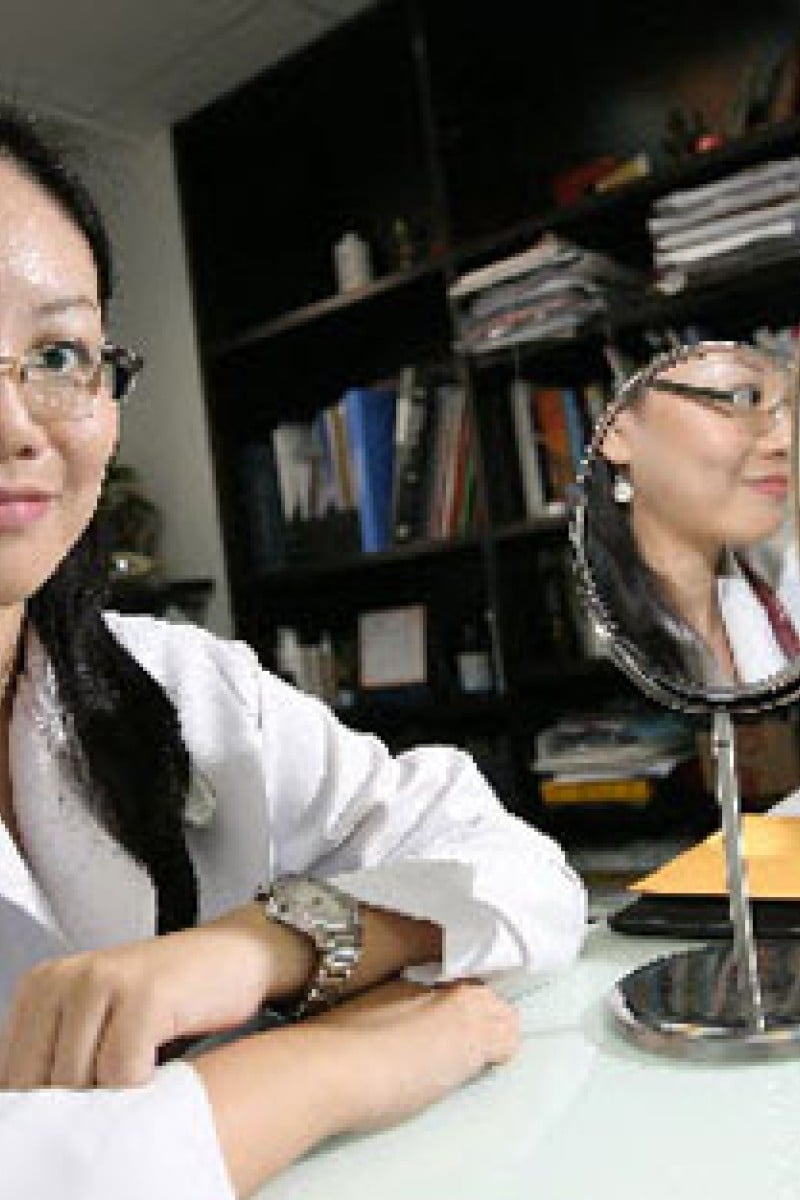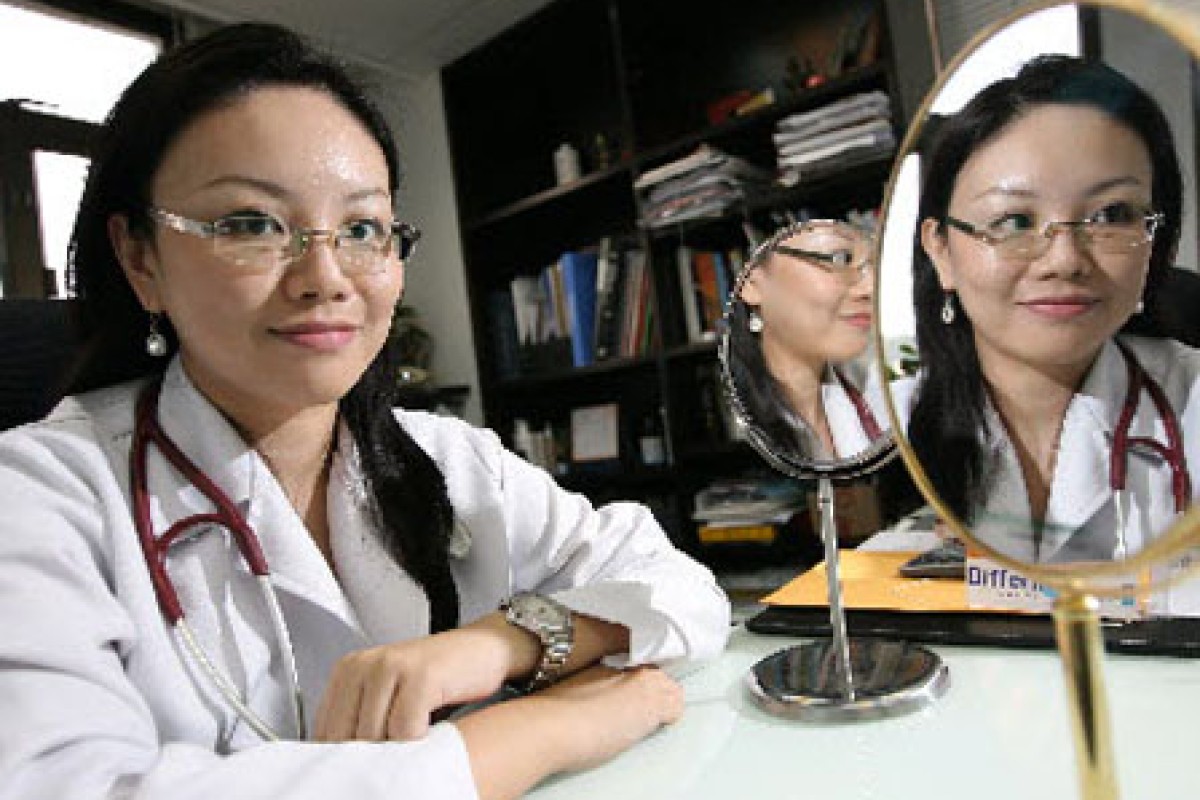
With people keen to maintain their good looks, there is a growing demand for cosmetic doctors in HK

Qualifications: Dermatology is a specialist branch of medicine dealing with the skin and its diseases. Cosmetic doctors make the skin look better. Before you become a cosmetic doctor, you need to be a licensed medical practitioner. For that, the basic requirement is a five-year course in medical school, along with a 12-month apprenticeship.
Dr Grace Lam Si-wen has post-doctorate training in dermatology. Lam completed her medical degree in Hong Kong, and two years later, left for Britain to study for a diploma and master's degree in dermatology. She says doctors in Hong Kong don't need specialist qualifications to treat skin problems. However, such qualifications can help attract more patients, and doctors can charge more for their services.
To become a registered specialist in dermatology in Hong Kong, you require at least six extra years of in-hospital training to be eligible for exams conducted by the Membership of the Royal Colleges of Physicians of the United Kingdom, Fellowship of the Hong Kong Academy of Medicine (internal medicine) and Fellowship of the Hong Kong College of Physicians.
Average pay: A doctor without a specialist qualification who is hired by a medical group can earn about HK$50,000 a month. On the other hand, a registered specialist can make about HK$80,000 a month; the more clients they attract, the bigger the bonuses they receive from the group. But it is different for those who own a clinic because income will then depend solely on how many clients they have.
Work prospects: Lam says hands-on experience is crucial, so it would be ideal to work with an experienced practitioner at the beginning.
Beginners may have to start working for clinics or medical groups, and it could be years before they are able to set up their own clinic.
Lam points to an increasing demand for cosmetic doctors over the past 10 years.
Lam owns a clinic that treats skin problems like pigmentation, wrinkles and pimples.
She says there is a growing demand for treatments like botox - which is used to lessen wrinkles - and laser therapy. She says more people are now seeking medical assistance to maintain beautiful skin rather than going to a doctor only when a problem arises.
Lam says cosmetic doctors should be familiar with the latest treatment methods and technologies available to them. It is their duty to inform the patients about the best possible treatment, she adds.
Long-term prospects: Starting a clinic is like launching a business and could be very costly. Equipment like laser machines cost millions of dollars. This could mean a long wait before launching your own venture. One way to shorten the waiting time is to own a clinic in partnership with someone or look for potential investors.
Where to apply: Medical groups or major hospitals.
A day at work
Lam starts her workdays at 11am or later, depending on the time of her first appointment. Her timetable is quite flexible.
On a busy day, she can have more than 10 appointments.
Lam travels about three to four times a year to attend medical conferences. She also writes columns for magazines.